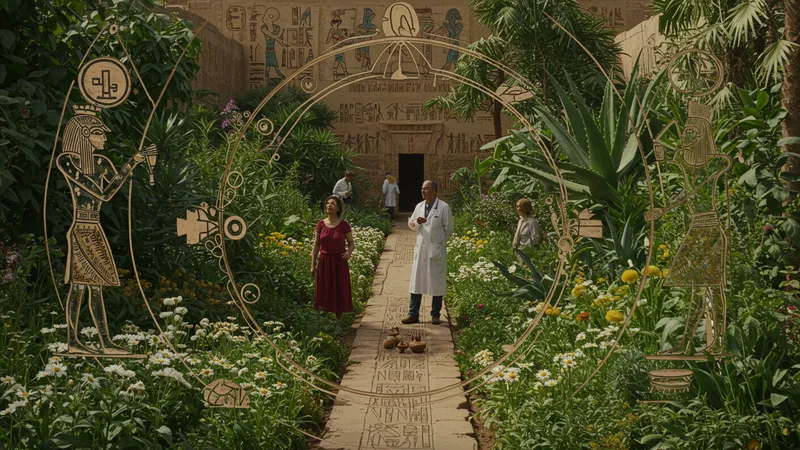
Why More Tourists Are Coming To Egypt For Surgery
The Role of Traditional Practices
The juxtaposition of cutting-edge medicine with Egypt’s rich tapestry of traditional practices creates an alluring fusion. This culture of care is not purely modern; it intertwines with age-old traditions like herbal remedies and ancient wellness rituals. These approaches, ingrained in Egyptian culture, offer patients something few other places can: spiritually enriching recovery methodologies that complement their modern treatment plans.

Herbal medicine practitioners often collaborate with medical professionals, creating holistic healing packages that appeal to an individual’s mind, body, and spirit. Tourists are given tours of herbal gardens, ensconced in explanations of how ancient Egyptians harnessed the natural world in their health methodologies. This offers unparalleled depth to the healing process, something particularly valued in cultures increasingly shifting back to organic living.
These time-honored techniques, combined with today’s best practices, shape an interactive tapestry of well-being. Acupuncture, dietary regulations rooted in Egyptian culinary history, and stress-relieving practices like meditation enable personalized care solutions for patients. These integrations underscore a respect for old-world knowledge often lost in Western healthcare systems, and many patients appreciate this nuanced approach in their surgical aftercare.
But it’s not all herbs and mindfulness baths—scientific discovery also helps validate these practices, blending modern medicine with historical wisdom. There’s a resurgence in interest and research focused on how these traditions can supplement modern treatments. By valuing the efficacy of both modern and traditional roles in recovery, Egyptian medical tourism creates an enriched healing environment that’s set to redefine personal wellness. Yet, surprises keep coming as we peer around the next corner!